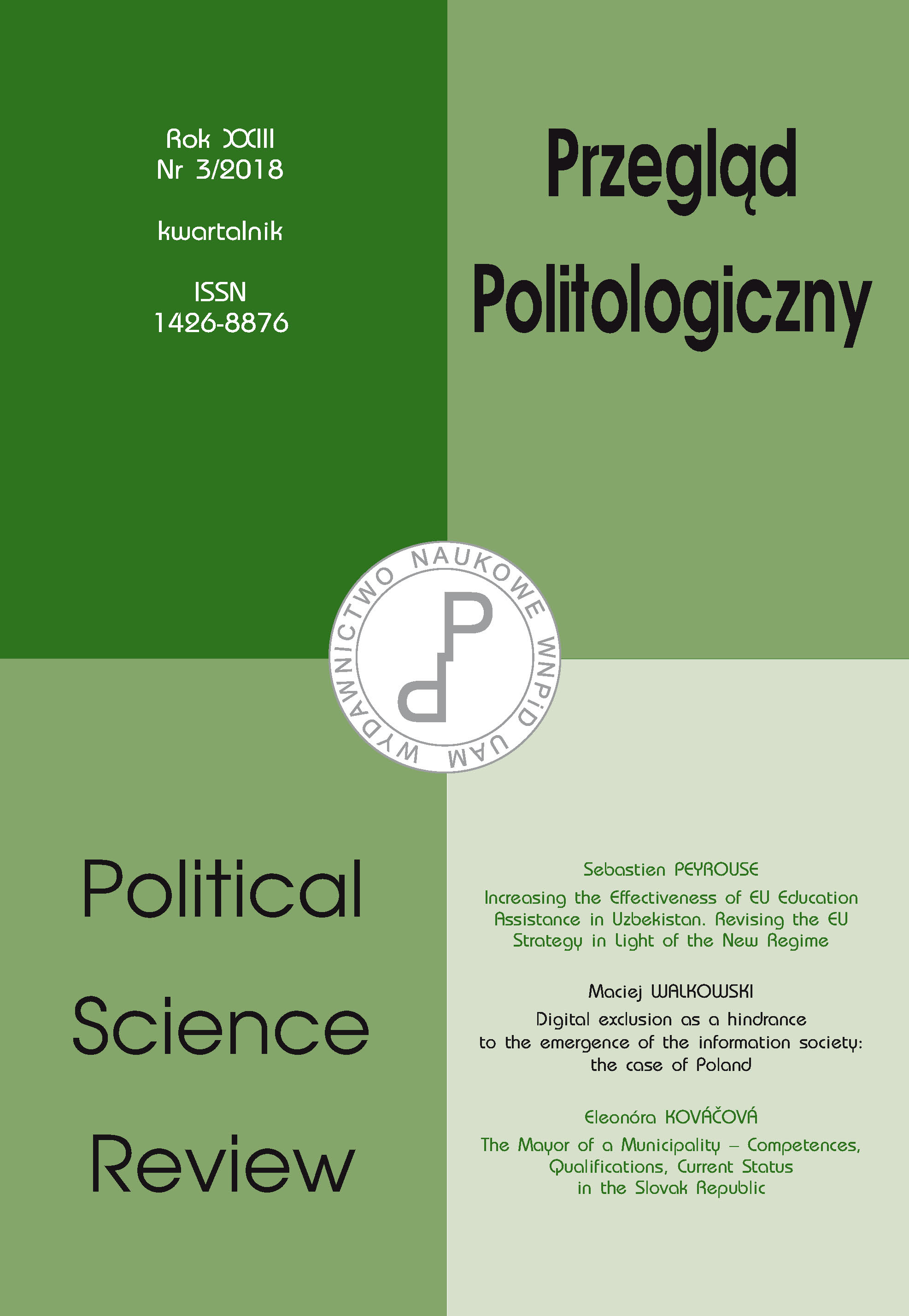A Political Economy of Trans-Border Migration Crises and Human Trafficking in Africa
A Political Economy of Trans-Border Migration Crises and Human Trafficking in Africa
Author(s): Yusufu A ZoakaSubject(s): Politics, Economy, Migration Studies
Published by: Uniwersytet Adama Mickiewicza
Keywords: migration; human trafficking; drug trafficking; terrorism; commercial sex; neoclassical political economy
Summary/Abstract: The aim of this study is to describe the legal bases of the migration policy of Armenia and its practical implementation in 1995–2013. The author examined the international and national documents that provide the legal bases of Armenia’s migration policy, as well as the balance between departures and arrivals in the period 1995–2013, Armenian citizens’ reasons for emigrating and the occupations of emigrants. The study was based on the following research methods: content, system and quantitative analysis. The results of the analyses performed indicate that the objectives of Armenia’s migration policy were not completely fulfilled. Between 1995 and 2013, the number of emigrants declined, but Armenia’s overall migration balance was negative. The majority of those leaving the country went to Russia, followed by the other states of the CIS.Encouraged by porous border boundaries in Africa, trafficking in persons and objects is a demand-driven global venture that has market potential for: commercial sex, cheap labour, terrorism, and drug-related crimes. Most African States, especially Nigeria, have been reputed as hardliners in encouraging these illicit trends. Chief among the motivating factors include: domestic insecurity, political instability, economic recession, and institutional failure, etc. Amongst other instigating factors however, this paper takes a cursory look at the relationship between the twin crime of trans-border migration crises and human trafficking in Nigeria, and the attendant political economic implications on the Nigerian polity. Data relied on are largely gotten from secondary sources. The paper employs the neoclassical political economic theory of migration. Findings from conceptual and theoretical reviews of literatures show that the incentive for human trafficking and migration-related offences is not only profit driven but also a fall-out from institutional failure. The paper recommends a taut border security, which can disallow border-related crimes like drug and human trafficking. The paper also sues for people-oriented leadership that will eschew illicit crimes such as the above.
Journal: Przegląd Politologiczny
- Issue Year: 2018
- Issue No: 3
- Page Range: 71-81
- Page Count: 12
- Language: English

